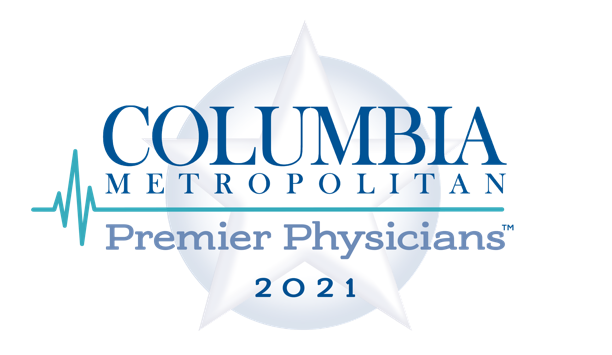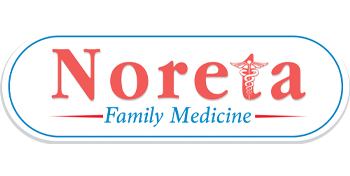Being Mortal
“Nothing is certain except death and taxes” – Benjamin Franklin
I’m going to use this article to focus on one of two of those things…and it isn’t taxes. At this point you may be wondering if you should skip this post, but I encourage you to keep reading because discussing death is an important part of life for all South Carolinians (and beyond)! I had been hearing about a book called Being Mortal by Atul Gawande, MD for many years, but only recently had a chance to read it. In the book, Dr. Gawande discusses the fact that modern medicine has allowed us to avoid dying from things that cause a “quick” death like dysentery, a frequent cause of death in the Oregon Trail computer game that I loved as a kid. We are now both living longer and living with longer- term illnesses that can affect us at any age and cause a slow decline. However, it appears we’ve been caught a little off guard by medical advances though because we haven’t done a great job of planning for these circumstances. We are therefore coming up with solutions that meet an immediate need, like an institutional-style nursing home, instead of solutions that consider the dignity or wishes of the patient. Dr. Gawande uses his experience as a surgeon to discuss the development of assisted-living and nursing homes, the usefulness of hospice care, and the difficulty of decisions at the end of life.
I want you to be prepared – Being Mortal discusses the deaths of several people, including Dr. Gawande’s own father, but he uses these stories to illustrate important lessons about end-of-life planning. We don’t like to think about death, we don’t like to talk about our demise, but I think you will understand by the end of the book why we need to overcome our discomfort and plan for it.
I highly recommend Being Mortal for:
A. All medical and nursing students because inevitably, they will be in a situation where they need to have end-of-life discussions with patients. My first discussion with a patient came in the first month of my first year in residency, and I was glad my attending physician was there to help
guide me through it.
B. Anyone who is caring for or anticipates caring for an elderly family member. This book will likely challenge you to think about what values you prioritize and perhaps why your elderly family member may prioritize different values.
** As a side note, if you are in the process of looking at nursing homes for a family member, I have the name of a wonderful person in Columbia, SC who can help guide you through this daunting process for no cost.
C. Anyone caring for a family member of any age who has a terminal illness. I wouldn’t be surprised if this book helps you realize that you may not know enough about your family member’s end-of-life wishes.
D. Folks who are planning for the future – perhaps getting long-term care insurance policies, putting wills or estate documents together, or were prompted by me to think about preparing a living will. This book will give you situations to think about and ideas on how to have conversations about this topic with your family.
I was going to write a blog post about this book anyway, but I was prompted to do it this week after I came across this article about Canada’s increasingly lax euthanasia laws. The topics of euthanasia and physician-assisted suicide make a brief appearance in Being Mortal. Interestingly, Dr. Gawande notes that in countries where euthanasia is legal, alternatives for making the end of life more comfortable, like hospice, are not well-developed or often used. He used the Netherlands as an example. I think this fact is deeply disturbing and I appreciate the last quote in the article I read this week from Marie-Claude Landry, head of Canada’s Human Rights Commission, “In an era where we recognize the right to die with dignity, we must do more to guarantee the right to live with dignity.”

Melissa Boylan MD, FAAFP
Family Physician and Owner of Noreta Family Medicine
NoretaFamilyMed.com

